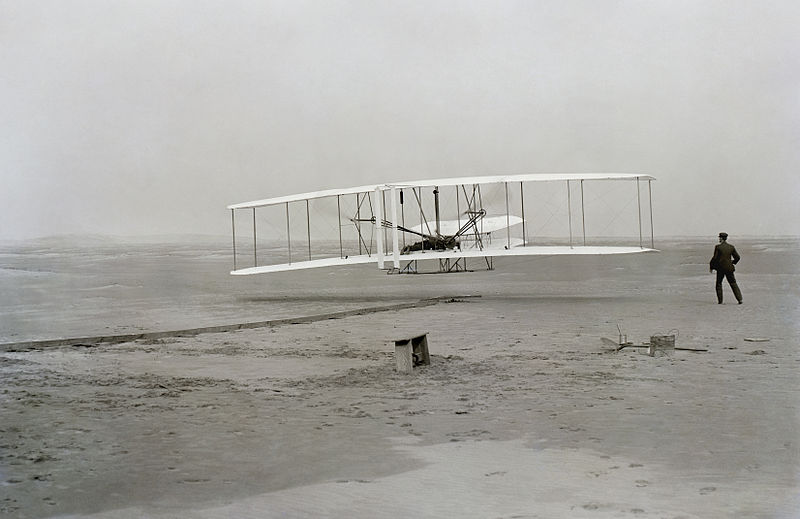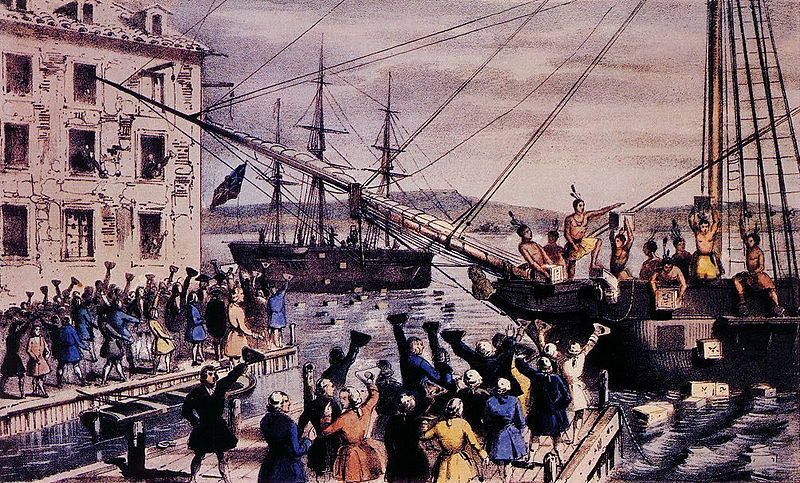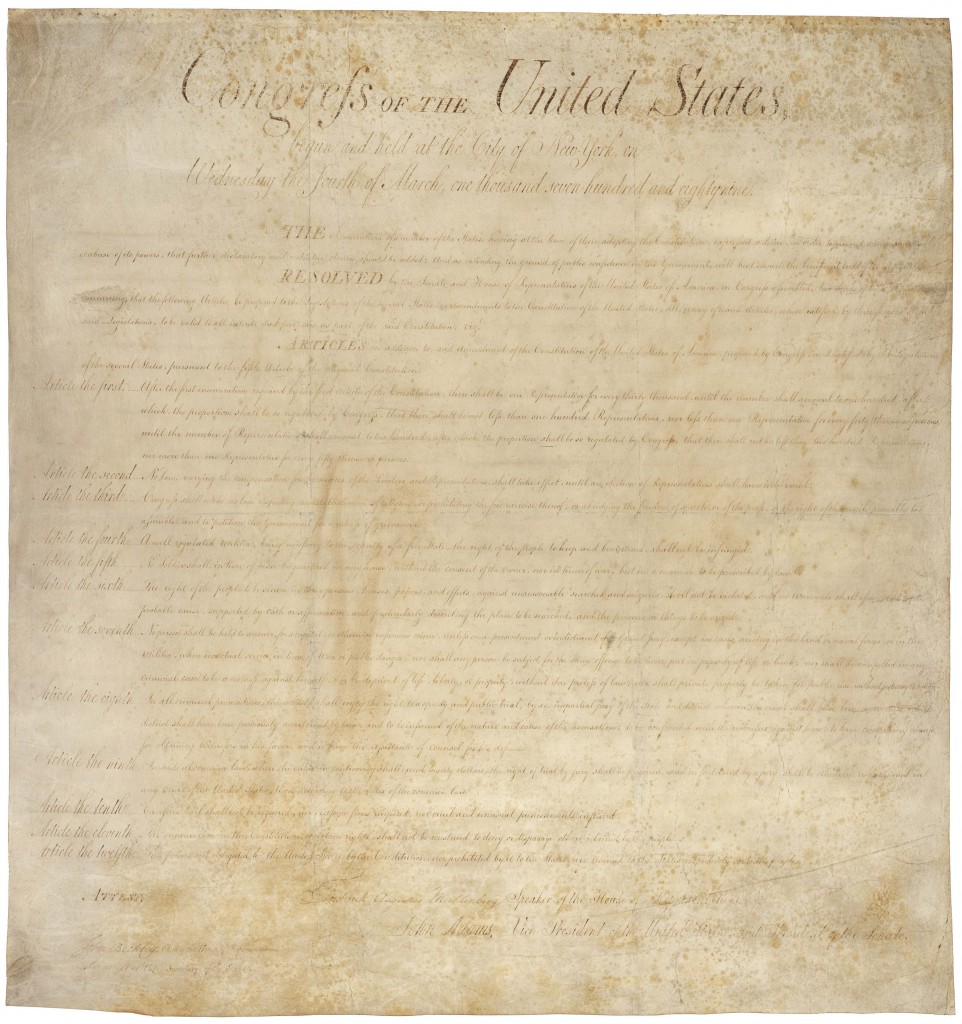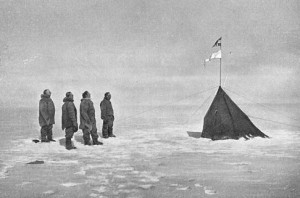Good morning.
Wednesday will be partly sunny with a high of thirty-one.
Whitewater’s Community Development Authority meets tonight at 5 PM.
On this day in 1620, the Mayflower docks at Plymouth Harbor:
On November 11, 1620, the Mayflower anchored at what is now Provincetown Harbor, Cape Cod. Before going ashore, 41 male passengers–heads of families, single men and three male servants–signed the famous Mayflower Compact, agreeing to submit to a government chosen by common consent and to obey all laws made for the good of the colony.
Over the next month, several small scouting groups were sent ashore to collect firewood and scout out a good place to build a settlement. Around December 10, one of these groups found a harbor they liked on the western side of Cape Cod Bay. They returned to the Mayflower to tell the other passengers, but bad weather prevented them from docking until December 18. After exploring the region, the settlers chose a cleared area previously occupied by members of a local Native American tribe, the Wampanoag.
The tribe had abandoned the village several years earlier, after an outbreak of European disease. That winter of 1620-1621 was brutal, as the Pilgrims struggled to build their settlement, find food and ward off sickness. By spring, 50 of the original 102 Mayflower passengers were dead. The remaining settlers made contact with returning members of the Wampanoag tribe and in March they signed a peace treaty with a tribal chief, Massasoit. Aided by the Wampanoag, especially the English-speaking Squanto, the Pilgrims were able to plant crops–especially corn and beans–that were vital to their survival. The Mayflower and its crew left Plymouth to return to England on April 5, 1621.
Puzzability‘s Christmas series continues today:
|
This Week’s Game — December 16-20
|
|||||
|
Do You Hear What I Hear?
|
|||||
|
Hark, the puzzling angels sing. For each day this week, we started with a well-known lyric from a Christmas carol. Then, for the day’s clue, we broke it down into a series of words that, when said in order, sounds like the original lyric. You’ll probably need to say the words out loud to get the answers.
|
|||||
|
Example:
|
|||||
|
Easy, shoe, veinier, cell, he, pink
|
|||||
|
Answer:
|
|||||
|
He sees you when you’re sleeping (from “Santa Claus Is Coming to Town”)
|
|||||
|
What to Submit:
|
|||||
|
Submit the lyric (as “He sees you when you’re sleeping” in the example) for your answer.
|
|||||
|
Wednesday, December 18
|
|||||
|




